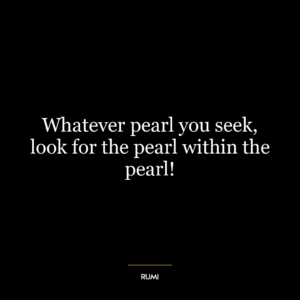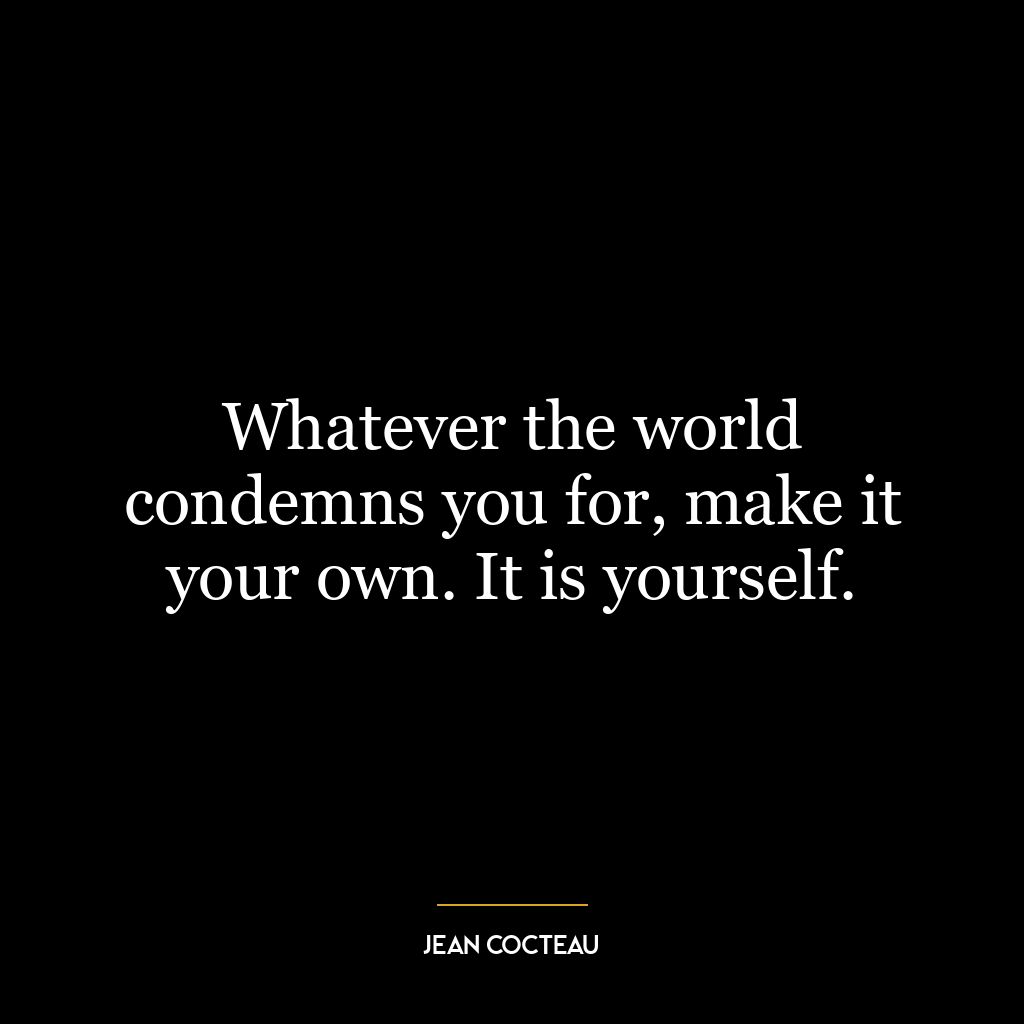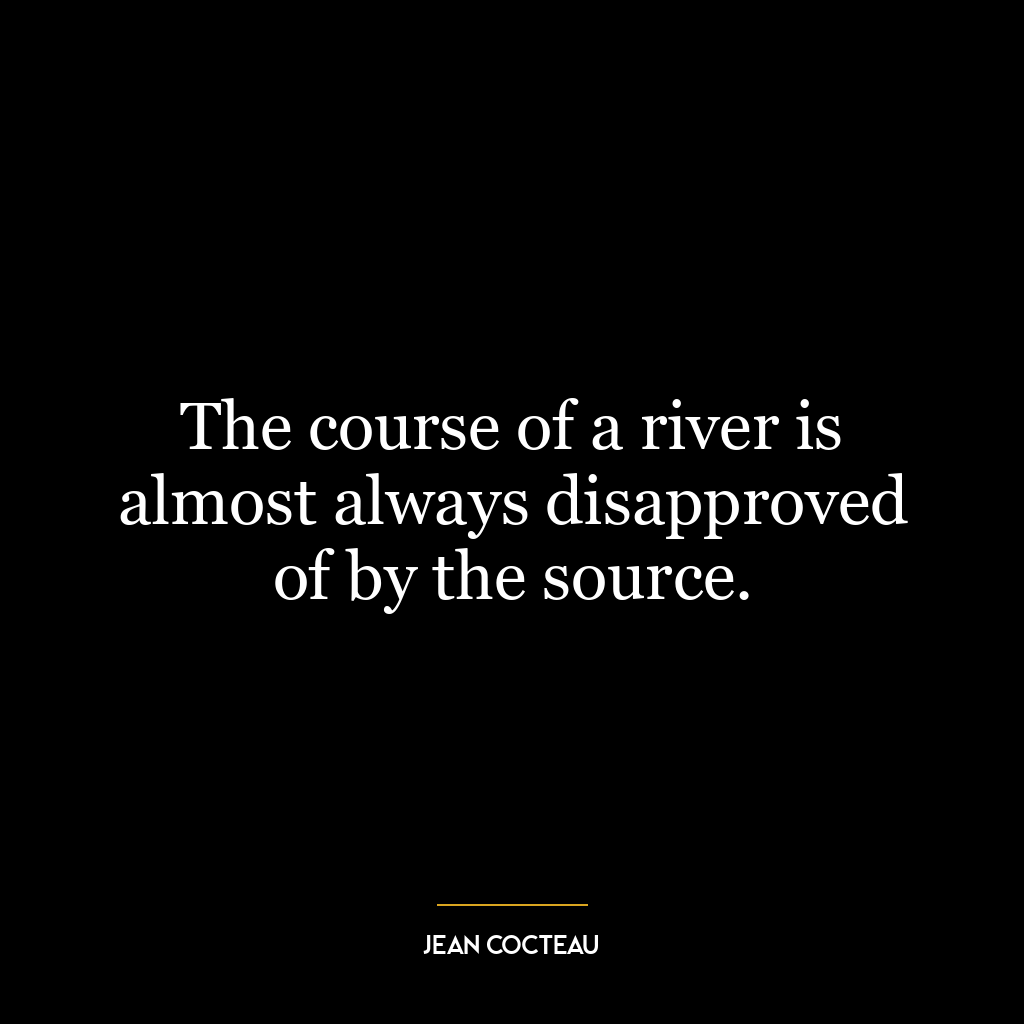This quote by Rumi, “There is a light seed grain inside. You fill it with yourself, or it dies,” can be interpreted as a metaphor about teh human potential within each of us. The ‘light seed grain’ represents our inherent talents, abilities, and potential for growth and development. It’s the essence of who we are - our unique individuality.
When Rumi says “You fill it with yourself”, he is suggesting that we must nurture this seed with our own effort, dedication, self-awareness and personal growth to allow it to flourish. If neglected or ignored – if we don’t invest in ourselves – this seed (or potential) ‘dies’. This doesn’t necessarily mean a physical death but rather an unfulfilled life where one’s true potential isn’t realized.
Applying this idea in today’s world or personal development suggests that individuals should focus on self-improvement and strive towards fulfilling their innate capabilities. Simply put, people should work on recognizing their inner strengths and talents (‘the light seed grain’) and cultivate them through continuous learning, skill development or simply by pursuing what they are passionate about.
In terms of personal development specifically, this could mean setting goals for oneself based on one’s passions and interests; continuously seeking new knowledge; pushing oneself out of comfort zones; cultivating positive habits; seeking feedback for improvement etc., all with the aim to ‘fill’ oneself up to reach full potential.
In broader societal context too this idea holds relevance – encouraging education systems to recognize individual student talents rather of adopting one-size-fits-all approach; organizations fostering environments that allow employees to learn-grow-contribute based on their unique skills etc., thereby nurturing every ‘light seed grain’ leading towards more fulfilled individuals contributing positively in society.
So essentially Rumi’s quote serves as a reminder for us all: We have an obligation towards ourselves – To recognize our inherent potentials (the light seed grain), nurture it with our own efforts, and let it grow to its fullest. If we fail to do so, we risk leading unfulfilled lives, not realizing what we could have become.















